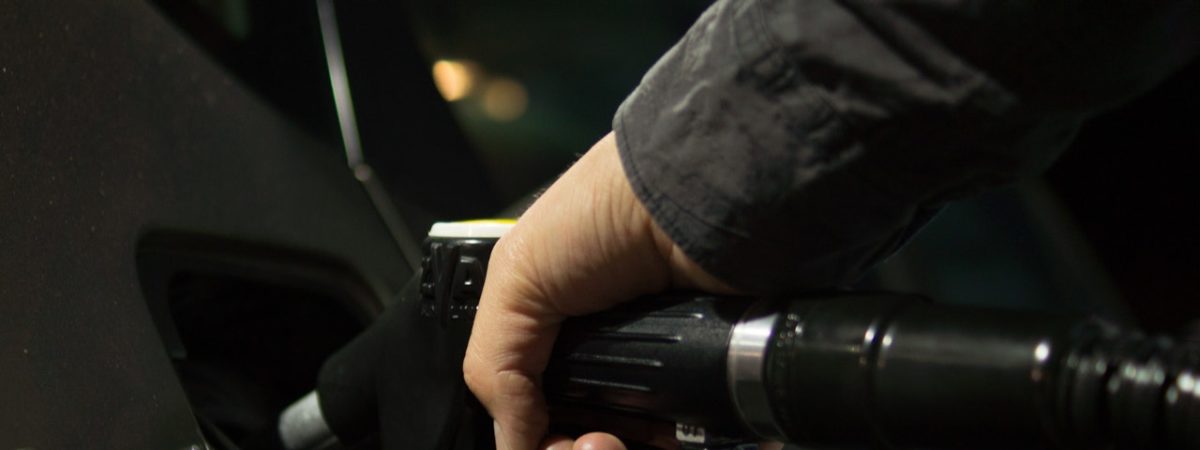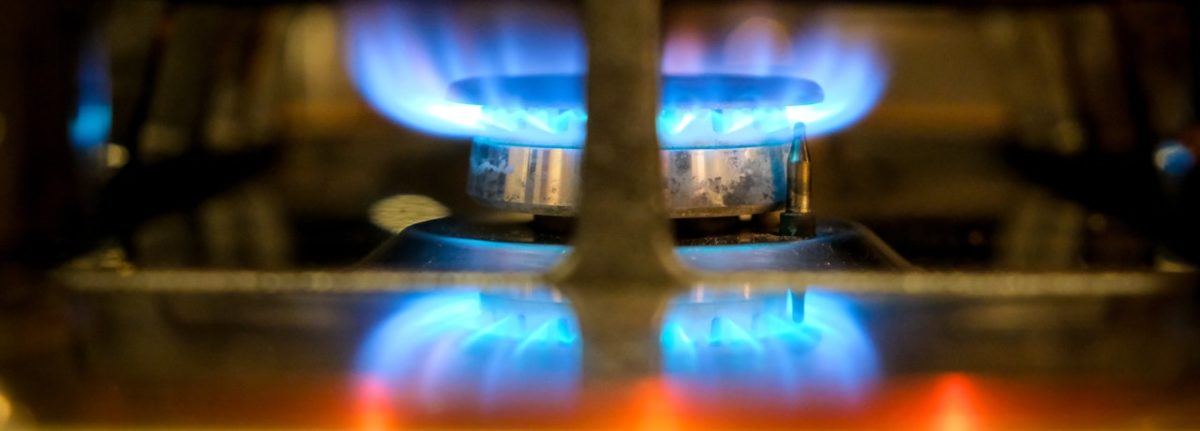£15 minimum wage would risk sharp rise in unemployment, says IEA expert
SUGGESTED

Christopher Snowdon writes for The Critic

Annabel Denham writes for The Spectator

Commenting on Andy McDonald MP’s resignation after Keir Starmer refused to back raising the Minimum Wage to £15 an hour, Professor Len Shackleton, Editorial and Research Fellow at free market think tank the Institute of Economic Affairs, said:
“When George Osborne bypassed the Low Pay Commission to introduce the National Living Wage, and detached the target for minimum wages from ability to pay, he set off a bidding war which has culminated in demands for £15 an hour.
“Such a rate would be among the highest in the world. If the minimum were applied to all workers irrespective of age, as is currently Labour Party policy, it would lead to hundreds of thousands of young people, disproportionately those from ethnic minorities, losing their jobs or failing to find one.
“Frankly, many of the 13 million currently employed by 6 million small businesses – restaurants, shops, deliveries, childcare, cleaning – do not produce enough added value to justify a wage of £15 an hour. Their employers could not pay this rate and stay in business.
“The minimum wage is in any case a poorly-targeted measure to assist the poor. Most minimum-wage workers are part-time, and even at £15 an hour could not generate a genuine weekly ‘living wage’. But many do not need to, as they are students, semi-retired or second earners in a household.
“Genuine poverty amongst full-time workers needs to be tackled by the benefit system and by improving our failing education and training systems to build skills which will prevent workers being dependent on state-determined minimum wages.
“Mr McDonald’s demand is a piece of political opportunism which would greatly damage our economy and the prospects for economic recovery.”
END
Notes to editors
Contact: Emily Carver, Head of Media, 07715 942 731
IEA spokespeople are available for interview and further comment.



